“Aaa, Eee, A-ee-sha …”
“That’s me,” I’d say sheepishly and hurriedly in order to save the teacher the time it would take to sort out my name in roll call for most of the school years of my life. I knew before they ever got to my name as there was always an awkward pause, sometimes a partial attempt, and many times a request to call me by another, easier name: “Could I just call you Jennifer or Julie? I don’t think I’ll remember how to pronounce your name” or “That’s an interesting name.”
As a kid, certain names like “Penelope” or “Alexander” seemed hard to me, but I figured it out. I often reflect back to a time when I was being dropped off at school by my father. I believe it was for kindergarten where he said, “Aisha beti [daughter], if they say your name wrong the first time, correct them. If they say your name wrong the second time, correct them. If they say your name wrong the third time, ignore them.” As prideful Muslim parents who were pioneering a mixed-race Muslim family (white and Pakistani) in the early 70s, my parents took tremendous joy in naming me, their first-born child and daughter, Aisha – an Arabic name which has deep roots in Islam as the name of an inspirational female leader in the faith. I remain deeply connected to my name, as I believe many of us are, and there’s such power to being addressed correctly. I think these are my earliest memories of realizing just how different I may have been from my peers.
I began my academic experience in the Chicago Public Schools (CPS) where I was a student who also had two parents who were CPS teachers and deeply committed to education and to ensuring our family maintained its connection to our faith and culture. I learned to speak Urdu first (my mom learned it as an adult, so she too became bilingual) even though I was born in the U.S. and was bilingual in English and Urdu and a solid English reader when I entered kindergarten (one of the benefits of having teacher parents). My parents ensured that my brothers and I learned to read Arabic. I often attribute this multilingual exposure as allowing me to more easily learn Latin in second through fourth grade and also Spanish from fifth through 12th grade (a story for another day is how my Latin teacher asked me to forego best student of the year so it could be given to the young boy who was always a few points behind me, essentially using my hard-earned recognition to uplift a young white boy).
We packed lunches that were zabiha halal (Islamically permissible food) because we were generally unable to confirm the ingredients of what was being offered in school – specifically items that may have pork-related ingredients like gelatin (and, no, I couldn’t just pick the pepperoni off the pizza). I was the girl who dressed modestly with really long hair – usually in two braids to keep from getting my hair too tangled and as an homage to the women in my family before me. I was often mocked for my long dress over corduroys or jeans.
From my name to my clothes and inability to participate in certain events during a time that pre-dated religious accommodations (“What do you mean you don’t celebrate Christmas? Everyone celebrates Christmas!”), it was an interesting childhood experience navigating what I now have the language and tools to describe. Back then, I just wanted to be picked for the team, laugh, and chat with friends and just be included. It wasn’t until I was in college that I realized my experience had a name, thanks to the brilliant Gloria Anzaldúa’s Borderlands/La Frontera: The New Mestiza – I was straddling cultures and races and generally not quite accepted by either side, so permanently on the fringes.
Back then, I just wanted to be picked for the team, laugh with friends, and be included. It wasn’t until college that I realized I was straddling cultures and races and not quite accepted by either side, permanently on the fringes. Share on XThe Pakistani and Indian (South Asian or Desi) community where I grew up attending Arabic and Sunday schools often asked me to say something in Urdu or prove that I was Muslim by reciting Arabic verses from the Quran, the Islamic holy book. How could I really be Pakistani and Muslim and also be so luckily gori (light skinned)? Colorism was rampant and part of the post-colonialism remnants that plague our and many other communities. The primarily white community where I attended school and lived didn’t see me as white either. So, it was curious to say the least.
How could I really be Pakistani and Muslim and also be so luckily gori (light skinned)? Colorism was rampant and part of the post-colonialism remnants that plague our and many other communities. Share on XFast forward to my mid-20s where my fourth-generation Japanese American partner and I were married and began raising our Muslim family of two children who are Japanese, Pakistani, and white, and who were still asked, “What are you?” or “Where are you from?” Comments to my daughter about not looking like a Muslim when she wore a hijab or to my son about being asked if he was related to Jackie Chan still shocked me as I wanted to believe our exposure and knowledge would be so much further along. They too developed thick skin and had more clever ways of responding: “Umm, what does a Muslim look like?” or “You know there are tons of countries in Asia, right?” As grandchildren of Japanese Americans who were imprisoned during World War II for “looking like the enemy,” they were keenly aware that almost anything was possible and were fearful of a similar fate in 2016 when the 45th president of the U.S. was elected. They are not alone and experiences of othering and yearning for acceptance and inclusion continue to be pervasive.
As an equity, diversity, inclusion, justice, and belonging practitioner, it’s been imperative that I help demystify the complex experiences of the many marginalized and minoritized communities in the U.S. (and beyond). In doing so, reflecting on my own story has been helpful to practice and demonstrate the vulnerability and transparency necessary for us to learn and engage in social change. Have we considered what it means to say colleagues’ names correctly, acknowledge harm in the communities around us when incidents happen, create options for those who need things done differently, recognize what it’s like to have an experience outside of the dominant ones (for example, fasting during a team celebration that was insistently held during Ramadan) and more?
Reflecting on my own story has been helpful to practice and demonstrate the vulnerability and transparency necessary for us to learn and engage in social change. Share on X Have we considered what it means to say colleagues’ names correctly, create options for those who need things done differently, recognize what it’s like to have an experience outside of the dominant ones? Share on XAs I coach colleagues and friends, engaging in self-reflection and acknowledging identity politics, structural racism, and oppression are critical to being able to participate in unlearning, learning, and relearning much of what is often permeated in this country via education, media, and more. While many of us are responsible for helping chart change in workplaces, I don’t think that can happen until individuals experience a personal shift in their homes and communities. By getting vocal and challenging historical and present experiences, I think there’s an opportunity to build new and better ways of acknowledging diversity and inclusion while moving toward justice.
While many of us are responsible for helping chart change in workplaces, I don’t think that can happen until individuals experience a personal shift in their homes and communities. Share on X
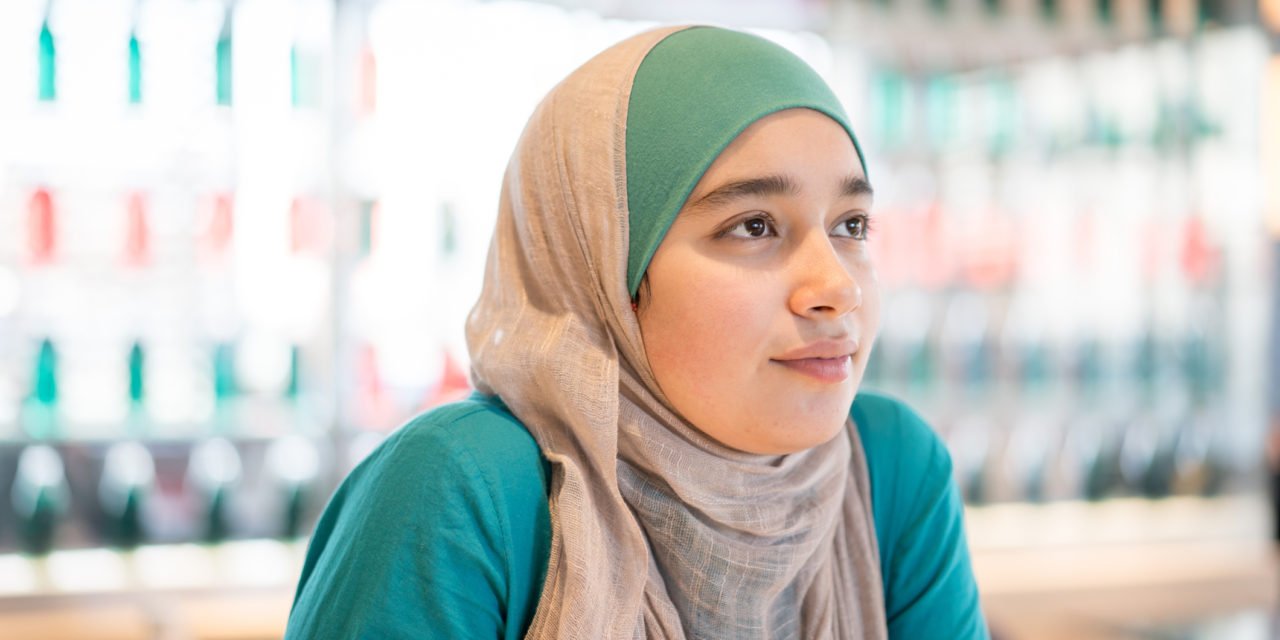
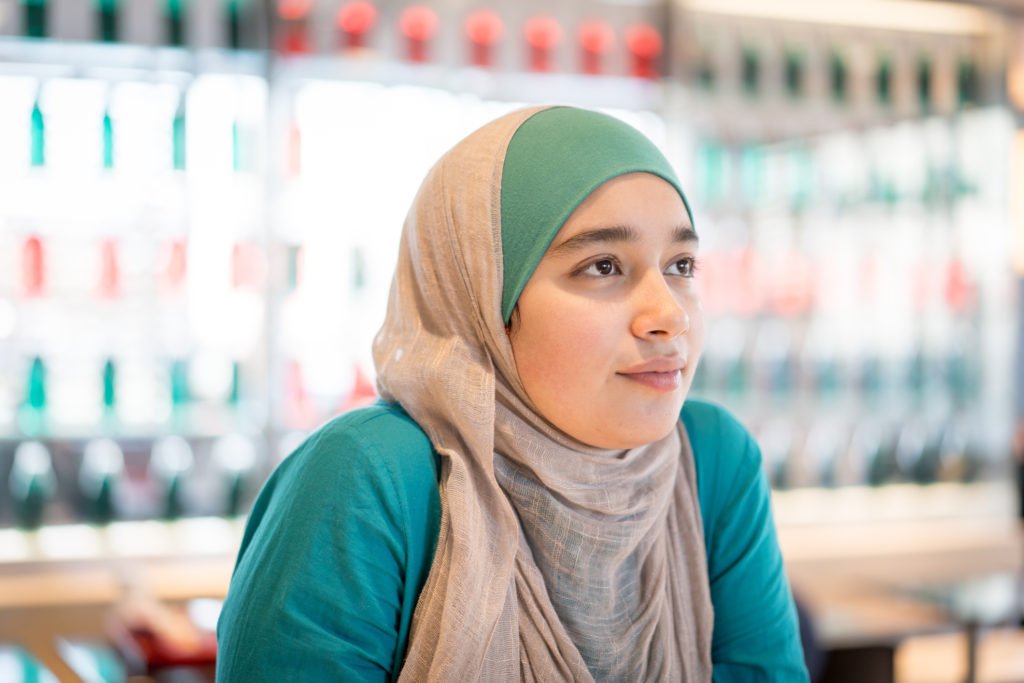
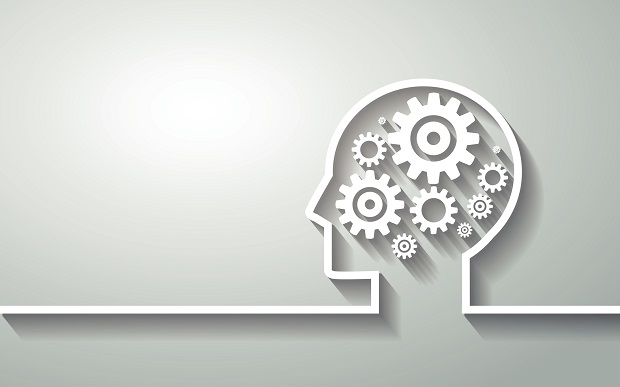

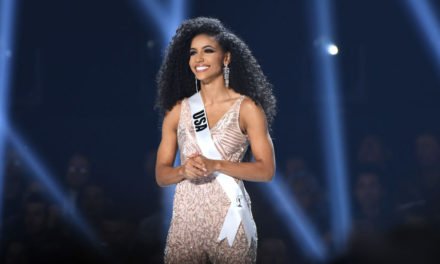
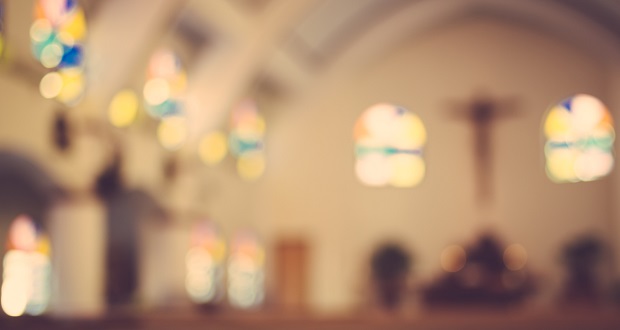














Sharing your experiences and journey is critical to the advancement of the work in the DEI space. Keep sharing! I look forward to reading more from you.
Aisha, your story mirrors my own in many ways. My parents also worked for CPS and I am a first generation Pakistani immigrant. I often wonder if I will ever feel like I belong, It’s hard to feel any differently when you spend your whole life navigating spaces where your otherness is amplified whether its at work or out in the community. Thank you for sharing your story.